Filter by
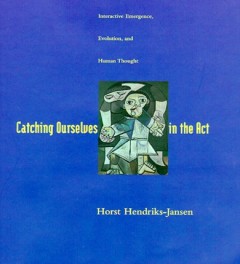
Catching Ourselves in the Act: Situated Activity, Interactive Emergence, Evol…
"A Bradford book."OCLC-licensed vendor bibliographic record. Catching Ourselves in the Act uses situated robotics, ethology, and developmental psychology to erect a new framework for explaining human behavior. Rejecting the cognitive science orthodoxy that formal task-descriptions and their implementation are fundamental to an explanation of mind, Horst Hendriks-Jansen argues for an alternative…
- Edition
- -
- ISBN/ISSN
- 9780262275262
- Collation
- 1 online resource (xii, 367 pages).
- Series Title
- -
- Call Number
- -
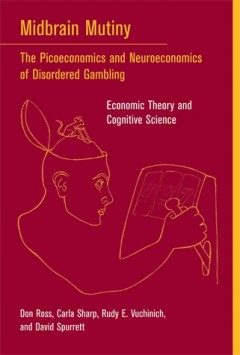
Midbrain mutiny : The Picoeconomics and Neuroeconomics of Disordered Gambling…
An analysis of how economic theories can be used to understand disordered and pathological gambling that calls on empirical evidence about behavior and the brain and argues that addictive gambling is the basic form of all addiction.
- Edition
- -
- ISBN/ISSN
- -
- Collation
- 1 online resource (x, 301 pages) : illustrations
- Series Title
- -
- Call Number
- -
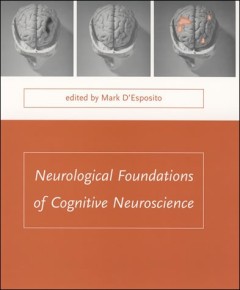
Neurological foundations of cognitive neuroscience
"A Bradford book."A review of a broad range of neurobehavioral syndromes from both neurological and cognitive neuroscientific perspectives.Despite dramatic advances in neuroimaging techniques, patient-based analyses of brain disorders continue to offer important insights into the functioning of the normal brain. Bridging the gap between the work of neurologists studying clinical disorders and n…
- Edition
- -
- ISBN/ISSN
- 9780262271103
- Collation
- 1 online resource (290 pages) :illustrations.
- Series Title
- -
- Call Number
- -
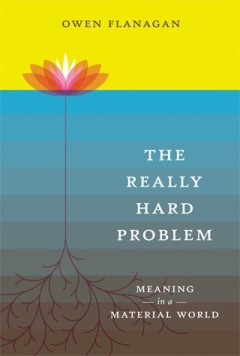
The really hard problem Meaning in a Material World
A noted philosopher proposes a naturalistic (rather than supernaturalistic) way to solve the "really hard problem": how to live a life that really matters-even as a finite material being living in a material world.
- Edition
- -
- ISBN/ISSN
- -
- Collation
- 1 online resource (xiii, 288 pages) : illustrations
- Series Title
- -
- Call Number
- -
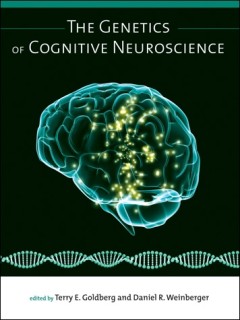
The genetics of cognitive neuroscience / of Cognitive Neuroscience
A primer on understanding the influence of specific genetic variants on cognition, affective regulation, personality, and central nervous system disorders.
- Edition
- -
- ISBN/ISSN
- -
- Collation
- 1 online resource (xii, 297 pages) : illustrations.
- Series Title
- -
- Call Number
- -
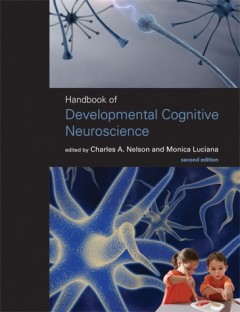
Handbook of developmental cognitive neuroscience / Cognitive Neuroscience (Se…
The second edition of an essential resource to the evolving field of developmental cognitive neuroscience, completely revised, with expanded emphasis on social neuroscience, clinical disorders, and imaging genomics.The publication of the second edition of this handbook testifies to the rapid evolution of developmental cognitive neuroscience as a distinct field. Brain imaging and recording techn…
- Edition
- -
- ISBN/ISSN
- -
- Collation
- 1 online resource (xi, 923 pages) : illustrations (some color).
- Series Title
- -
- Call Number
- -
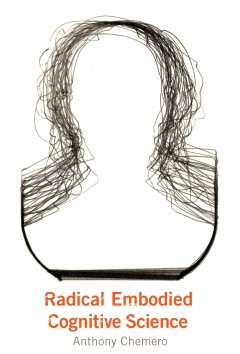
Radical embodied cognitive science
While philosophers of mind have been arguing over the status of mental representations in cognitive science, cognitive scientists have been quietly engaged in studying perception, action, and cognition without explaining them in terms of mental representation. In this book, Anthony Chemero describes this nonrepresentational approach (which he terms radical embodied cognitive science), puts it i…
- Edition
- -
- ISBN/ISSN
- 9780262258678
- Collation
- 1 online resource (xiv, 252 pages) :illustrations.
- Series Title
- -
- Call Number
- -
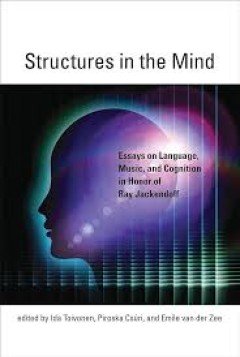
Structures in the Mind: Essays on Language, Music, and Cognition in Honor of …
The introduction includes appreciations of Ray Jackendoff by various authors.OCLC-licensed vendor bibliographic record.
- Edition
- -
- ISBN/ISSN
- 9780262331791
- Collation
- 1 online resource (xxxiv, 404 pages) :illustrations
- Series Title
- -
- Call Number
- -
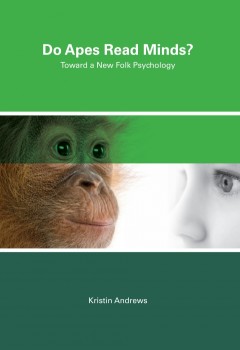
Do apes read minds? :toward a new folk psychology
An argument that as folk psychologists humans (and perhaps other animals) don't so much read minds as see one another as persons with traits, emotions, and social relations. By adulthood, most of us have become experts in human behavior, able to make sense of the myriad behaviors we find in environments ranging from the family home to the local mall and beyond. In philosophy of mind, our unders…
- Edition
- -
- ISBN/ISSN
- 9780262305761
- Collation
- 1 online resource (xi, 294 pages)
- Series Title
- -
- Call Number
- -

Knowledge and Mind: A Philosophical Introduction
This is the only contemporary text to cover both epistemology and philosophy of mind at an introductory level. It also serves as a general introduction to philosophy: it discusses the nature and methods of philosophy as well as basic logical tools of the trade. The book is divided into three parts. The first focuses on knowledge, in particular, skepticism and knowledge of the external world, an…
- Edition
- 1
- ISBN/ISSN
- 9780262269315
- Collation
- -
- Series Title
- -
- Call Number
- -
 Computer Science, Information & General Works
Computer Science, Information & General Works  Philosophy & Psychology
Philosophy & Psychology  Religion
Religion  Social Sciences
Social Sciences  Language
Language  Pure Science
Pure Science  Applied Sciences
Applied Sciences  Art & Recreation
Art & Recreation  Literature
Literature  History & Geography
History & Geography